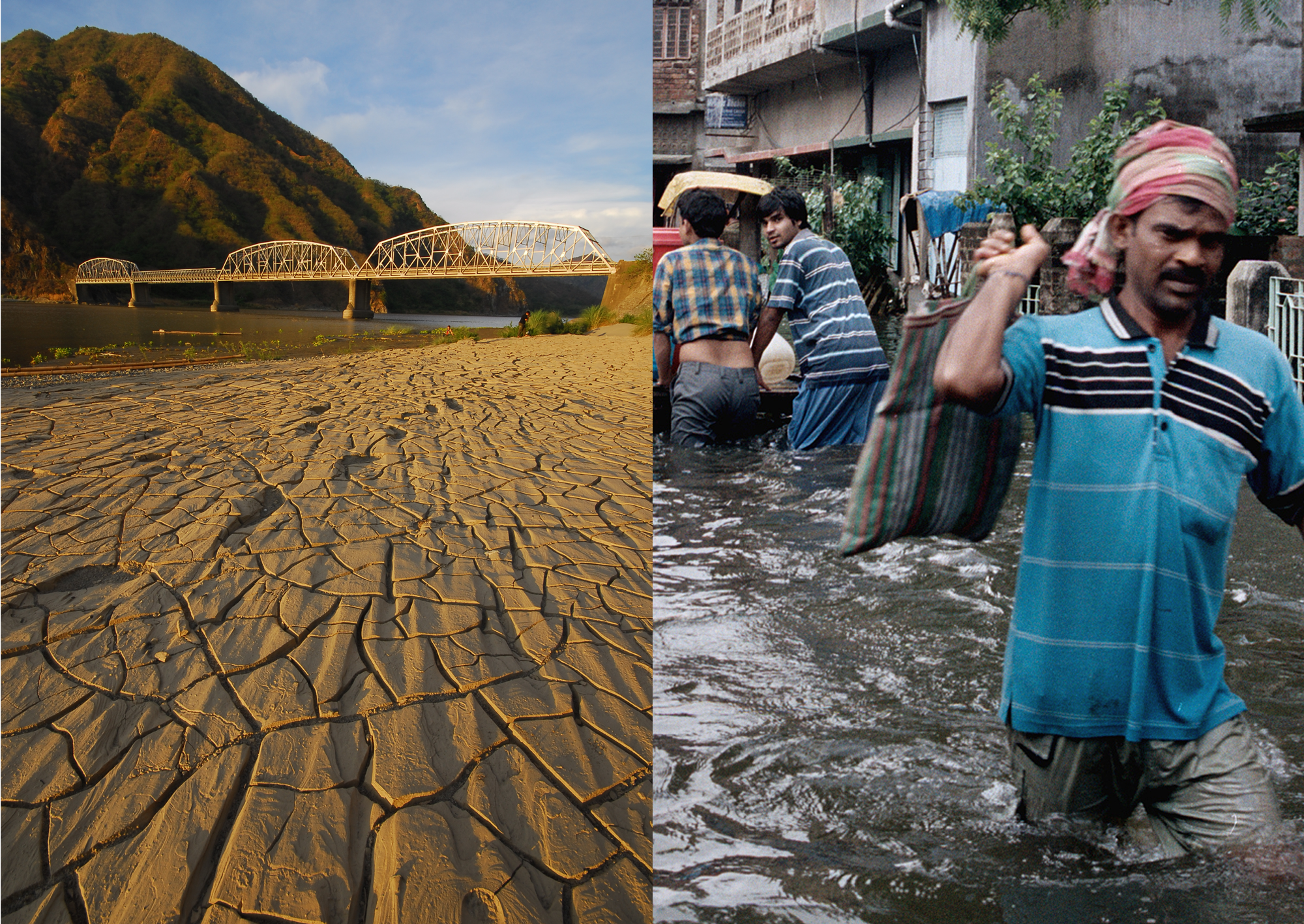Global S&T Development Trend Analysis Platform of Resources and Environment
| WEF report exposes urgency to increase water financing | |
| admin | |
| 2019-01-25 | |
| 发布年 | 2019 |
| 语种 | 英语 |
| 国家 | 国际 |
| 领域 | 资源环境 |
| 正文(英文) |

World leaders and business met in Davos this week just as the World Economic Forum’s Global Risks Report revealed environmental factors as the most devastating risks to business and society and the most likely. Another major risk identified in the report are water crises, which are listed among the 5 most damaging risks, confirming a trend that started 8 years ago. Among top risks, the report also lists the failure to respond and adapt to climate change and points at a global infrastructure gap of US$18 trillion that affects both emerging and advanced countries. World leaders all agree on the consensus, but few seem to be backing their concerns with appropriate action. Water is the predominant means through which the impacts of climate change and demographic pressure are being felt and Investments in water infrastructure are both critical and urgent for countries to adapt to these changes, yet efforts in closing the funding gap are currently failing. In their recently released report “Water Infrastructure for Climate Adaptation”, the World Water Council and Global Water Partnership address these issues directly. Through a set of 12 recommendations, the report explores specially-designed investments to help increase the climate resilience of water systems. The report argues that sufficient income exists, and the global financial system has plenty of capital seeking investment opportunities. The challenges lay in how to scale up funding and develop “water proofed” mechanisms to finance infrastructure. The Council has dedicated many years to understanding why financing water is so difficult and why it fails to attract investors. A set of financing reports released last year propose innovative and bold solutions that could help to close the financing gap both for water and sanitation systems. Two complementary reports offer analysis on both investors and projects for infrastructure in order to propose a better alignment between the two that would unlock and increase funding for projects. Another paper makes the case for blended finance, a tool that uses development finance to attract and engage the private finance sector in scaling up its investments in water - especially corporations, which account for more than 50% of investors. Finally, the Council explores how to improve the financing of urban sanitation. The report suggests using new and bold approaches to reduce costs, stimulate increased revenues and attract new money into the sector.
Read our reports
More on our programs |
| URL | 查看原文 |
| 来源平台 | World Water Council |
| 文献类型 | 新闻 |
| 条目标识符 | http://119.78.100.173/C666/handle/2XK7JSWQ/102292 |
| 专题 | 资源环境科学 |
| 推荐引用方式 GB/T 7714 | admin. WEF report exposes urgency to increase water financing. 2019. |
| 条目包含的文件 | 条目无相关文件。 | |||||
| 个性服务 |
| 推荐该条目 |
| 保存到收藏夹 |
| 查看访问统计 |
| 导出为Endnote文件 |
| 谷歌学术 |
| 谷歌学术中相似的文章 |
| [admin]的文章 |
| 百度学术 |
| 百度学术中相似的文章 |
| [admin]的文章 |
| 必应学术 |
| 必应学术中相似的文章 |
| [admin]的文章 |
| 相关权益政策 |
| 暂无数据 |
| 收藏/分享 |
除非特别说明,本系统中所有内容都受版权保护,并保留所有权利。
修改评论